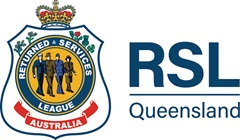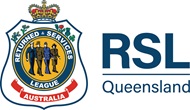
Giving carers the chance to learn how to help and be helped
25 June 2022- Courage
- Health & wellbeing
Operation PTSD Support specialises in helping the partners and carers of Australian veterans.
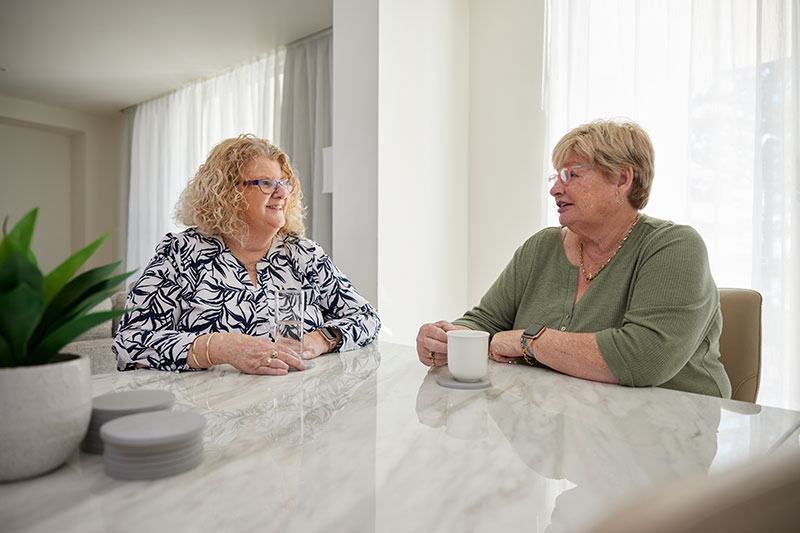
Donna Reggett (left) and Jenny Johnston both care for veterans who have PTSD
Content warning: This article mentions suicide. If you need support, please contact Open Arms on 1800 011 046 or Lifeline Australia on 13 11 14.
There’s no harm in putting your hand up to ask for help. This is an important message, and one that Operation PTSD Support is hoping becomes more commonplace, especially among partners of ex-serving veterans who take on the role of carer for their loved one.
Thankfully, organisations like Operation PTSD Support exist to show partners and family members in these roles that there is a whole crew of people to help them navigate the effect post-traumatic stress disorder (PTSD) can have on an individual and family unit.
Operation PTSD Support offers partners the chance to take a break and share experiences with others going through similar situations, so they can learn more about PTSD and mental health first aid.
Likewise, it’s an organisation founded by someone with first-hand experience of adapting from the role of wife to carer and learning to find ways to help herself, her husband, and her family.
Donna Reggett, President and founder of Operation PTSD Support, is the daughter of a Vietnam veteran, the wife of a Somalian veteran and mother-in-law to a current-serving veteran, who has completed four deployments to the Middle East. Suffice to say, she knows first-hand just how unique this life can be.
FOUNDED FROM FIRST-HAND EXPERIENCE
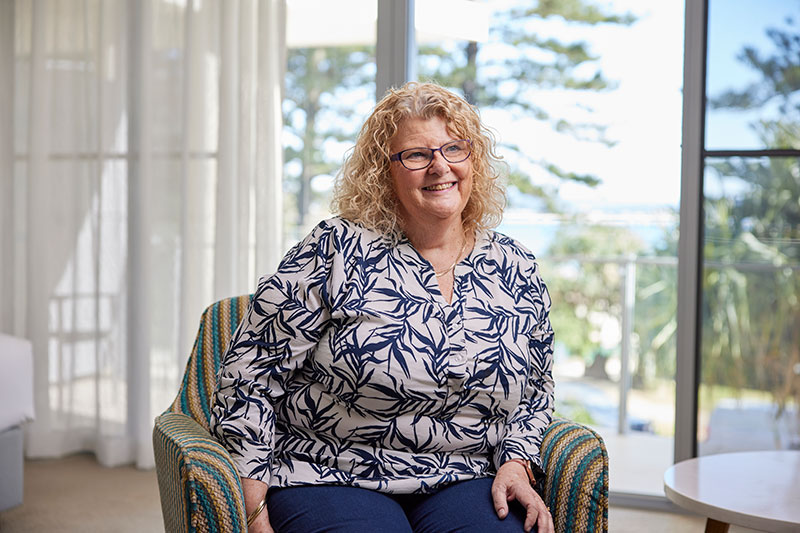
Donna Reggett, President and founder of Operation PTSD Support
“My husband’s transition from Defence to civilian life was very difficult. This was in 2003 and there was nothing. I’m happy to say things have changed since then,” Donna shares.
“I had no idea what was coming our way and didn’t know anything about what Veterans' Affairs could offer us. It was a very stressful time.”
Donna’s husband was diagnosed with PTSD in 1997, six years before he left Defence in 2003.
“It’s a roller coaster, even now. There will be times when life is going along and feels normal, then you plummet. And you don’t know how long that is going to last for before it comes up again,” Donna explains.
“I was working as an advocate for a long time, helping veterans put their claims in. I could see what we were experiencing was happening to other families. Back in 2008 and 2009 there wasn’t a lot of support for the partners who were trying to support their loved one through PTSD.”
Donna started Operation PTSD Support in 2013. The organisation now offers support to carers through private online forums, reading resources, social events, retreats, and much more as it continues to grow across Australia.
“Our work can help the family stay together. When you live with someone with a mental illness, and you might not understand it, and no one is supporting you, it can test you. But having support can be the difference between keeping a family together and a partner walking away because it was all too much.”
A PROBLEM SHARED IS A PROBLEM SOLVED
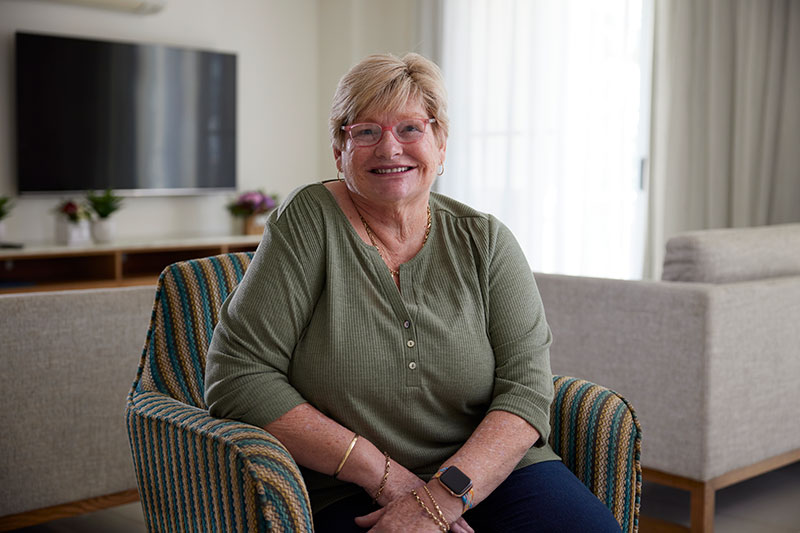
Jenny Johnston
Jenny Johnston is the wife and carer of a veteran with PTSD (who served in East Timor). When her husband was first diagnosed with the disorder, they didn’t know what PTSD was.
“I knew nothing about it. I thought it might go away, that it might have been just an injury,” she says.
“Very quickly we saw that it wasn’t ever going to go away, and life changed drastically.”
Jenny and her family found Operation PTSD Support after her husband attempted to take his life and their older daughter decided to complete a mental health first aid course.
“She resonated with a lot of the things Donna was saying and thought it would be something I would like, too. So, she introduced Donna and I to each other.”
“The program gives me a sense of worth. I lost my whole personality and didn’t feel like me anymore. My whole life was being a carer. And when you’re in that place, you don’t know where you can get help or that there are other people like you.”
Jenny describes the time before going on the Operation PTSD retreat as the hardest in her life.
“I cried the whole retreat. I was nervous and upset, but in that retreat, I was given one thing. It was a little medal that represented thanks for me caring for a veteran. It meant so much to me and the others getting medals all represented us going through the same thing.
“I learnt more about PTSD in those two days than I had in the five years prior.”
“It made me stronger. I can better cope with my husband’s illness and how it impacts me and the family. Life is much better now. It’s friendship and companionship that makes the biggest difference in the world.”
RSL Queensland supports Operation PTSD Support by funding some of their program’s retreat activities. Donna explains this support is paramount.
“The financial support we receive from RSL Queensland helps people attend our retreats who may not otherwise be able to afford it. It lets them experience the opportunity and gain the support they need at the retreat – and after – from the connections they make.”
For more information about Operation PTSD Support, please visit their website or Facebook page.
If you are struggling and need help, please reach out. If you need urgent assistance after hours, please contact Open Arms on 1800 011 046. Their counsellors are available 24 hours a day, seven days a week.
p>
Want to stay informed? Subscribe today and get the latest news, services, events and more direct to your email inbox.
Related News
Loading
